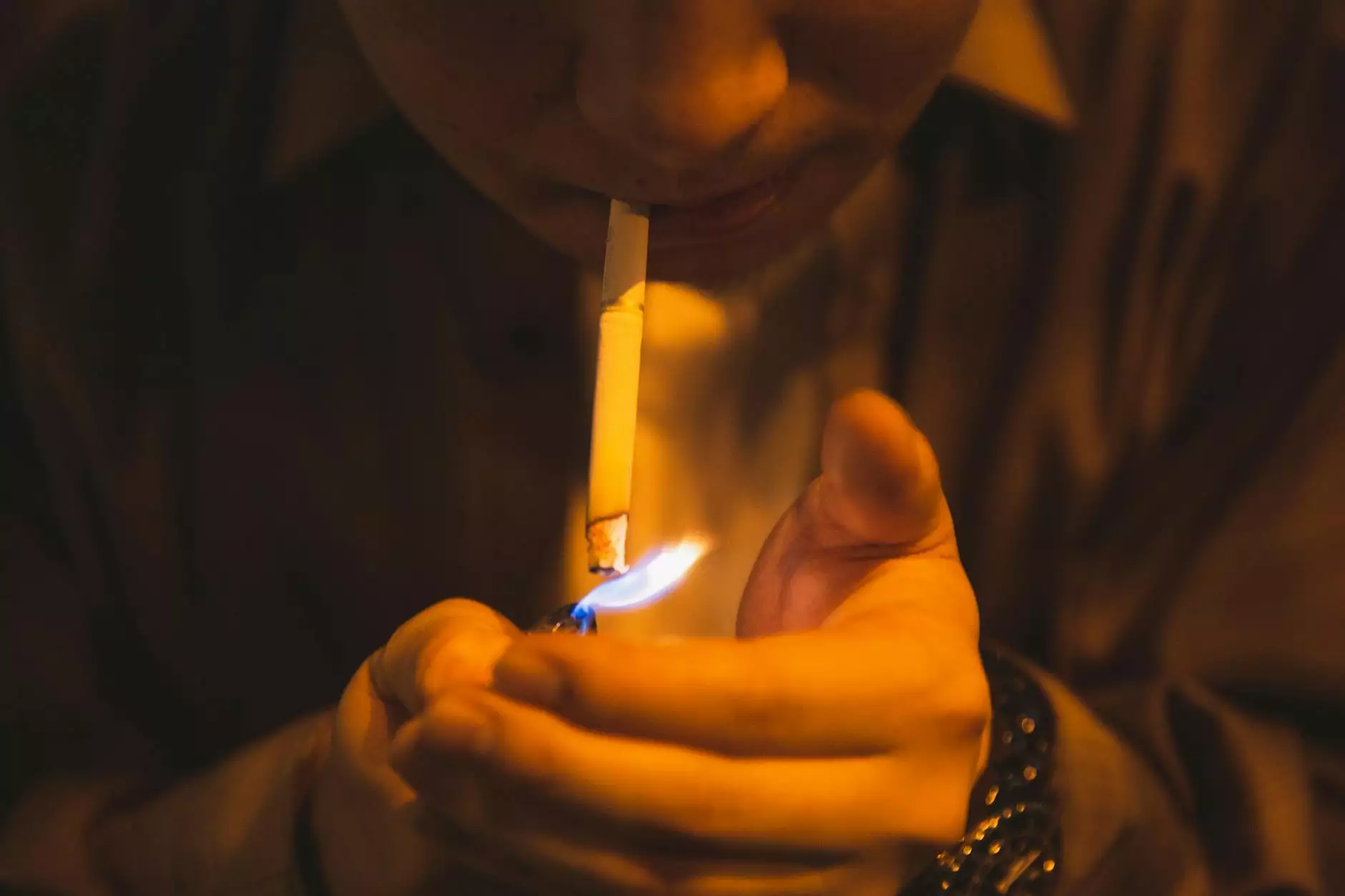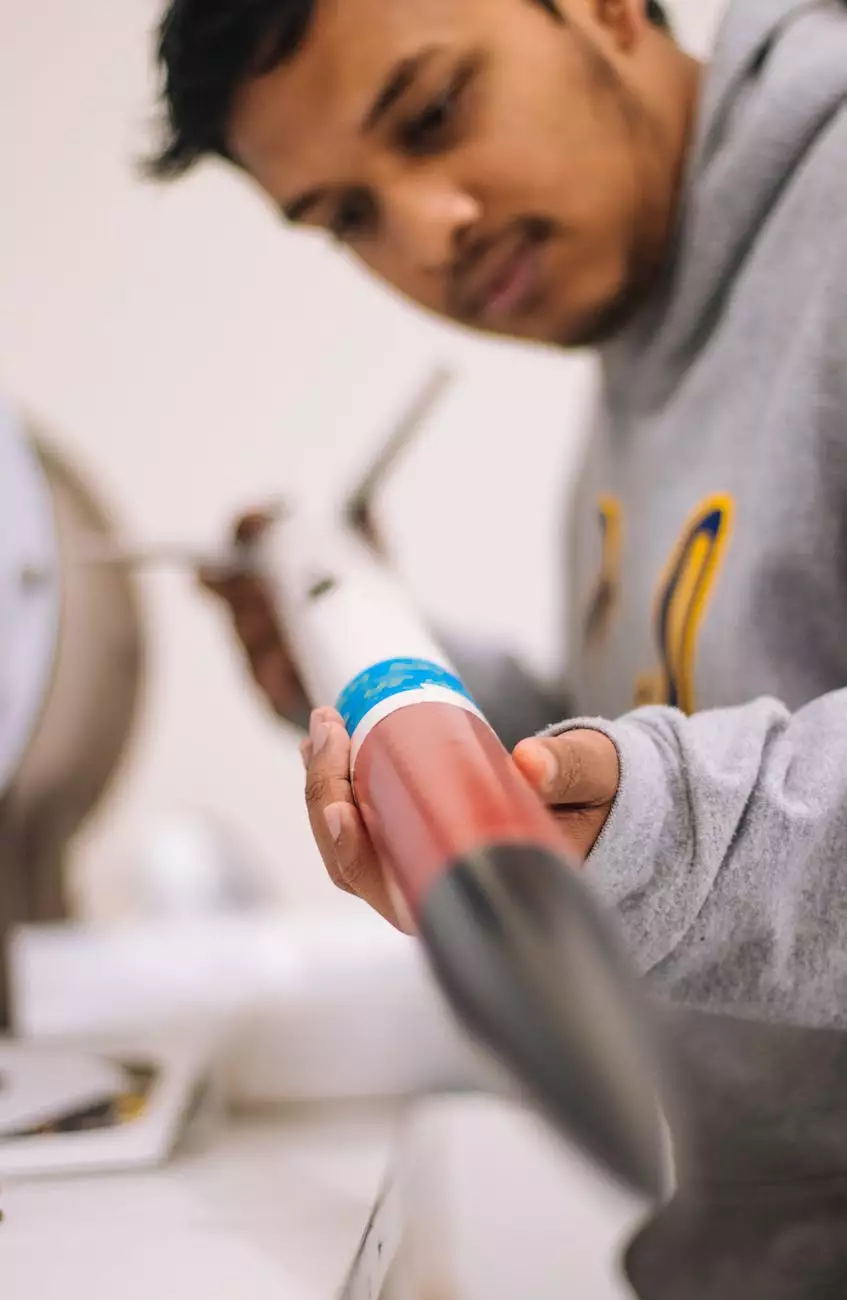Depression and Impotence: The Harmful Effects of Depression in Men
Pelvic Health
The Impact of Depression on Sexual Health
Depression is a pervasive mental health condition that affects millions of men worldwide. Unfortunately, it not only takes a toll on emotional well-being but can also have a detrimental impact on sexual health.
Understanding the Relationship
Depression and impotence are intimately connected, creating a vicious cycle that can further exacerbate both conditions. The exact reasons for this link are complex and can vary from individual to individual, but several factors come into play.
Neurochemical Imbalance
Depression affects the balance of neurotransmitters in the brain, including serotonin, dopamine, and norepinephrine. These chemicals play an essential role in regulating mood and sexual function, and when disrupted, can lead to decreased libido, erectile dysfunction, and difficulty achieving orgasm.
Hormonal Disturbances
Depression can disrupt hormone production and regulation in the body. High levels of stress hormones, such as cortisol, can inhibit testosterone production, which is crucial for sexual desire and performance. Additionally, hormonal imbalances can contribute to fatigue, low energy levels, and decreased sexual motivation.
Psychological Factors
Depression often brings about psychological symptoms such as low self-esteem, body image issues, anxiety, and diminished interest in activities. These factors can significantly impact sexual confidence and intimacy, leading to difficulties in maintaining healthy relationships and sexual satisfaction.
Seeking Professional Help
If you are experiencing symptoms of depression or noticing a decline in your sexual health, it is crucial to seek professional help. Sexual Health Education & Economic Telehealth Services is dedicated to providing comprehensive support and guidance in addressing these concerns.
Therapeutic Techniques
Our team of experts specializes in evidence-based therapeutic techniques tailored to address both depression and sexual health challenges. Through counseling, cognitive-behavioral therapy, and other proven approaches, we can help you regain control of your mental well-being and improve your sexual function.
Medication Management
In some cases, medication may be prescribed to alleviate the symptoms of depression and restore sexual health. Our experienced healthcare professionals will carefully evaluate your needs and prescribe appropriate medications to restore the balance of neurotransmitters and hormones in your body.
Lifestyle Modifications
In addition to therapy and medication, certain lifestyle modifications can support your overall well-being and improve sexual health.
Exercise and Physical Activity
Regular exercise can boost mood, reduce stress, and increase energy levels, all of which contribute to improved sexual health. Engaging in activities such as cardiovascular exercises, strength training, and yoga can promote physical and mental well-being.
Healthy Diet
A nutrient-rich diet plays a crucial role in maintaining optimal sexual health. Including foods rich in vitamins, minerals, antioxidants, and omega-3 fatty acids can support hormone production and cardiovascular health, positively influencing libido and sexual function.
Stress Management
Adopting stress management techniques, such as mindfulness meditation, deep breathing exercises, and engaging in hobbies, can help reduce stress levels and promote emotional well-being.
Conclusion
Depression can have a significant impact on men's sexual health. Recognizing the relationship between depression and impotence is essential in seeking appropriate help and implementing effective strategies for recovery. Sexual Health Education & Economic Telehealth Services is committed to supporting individuals in overcoming depression and addressing their sexual health concerns with compassionate care and expert guidance.










